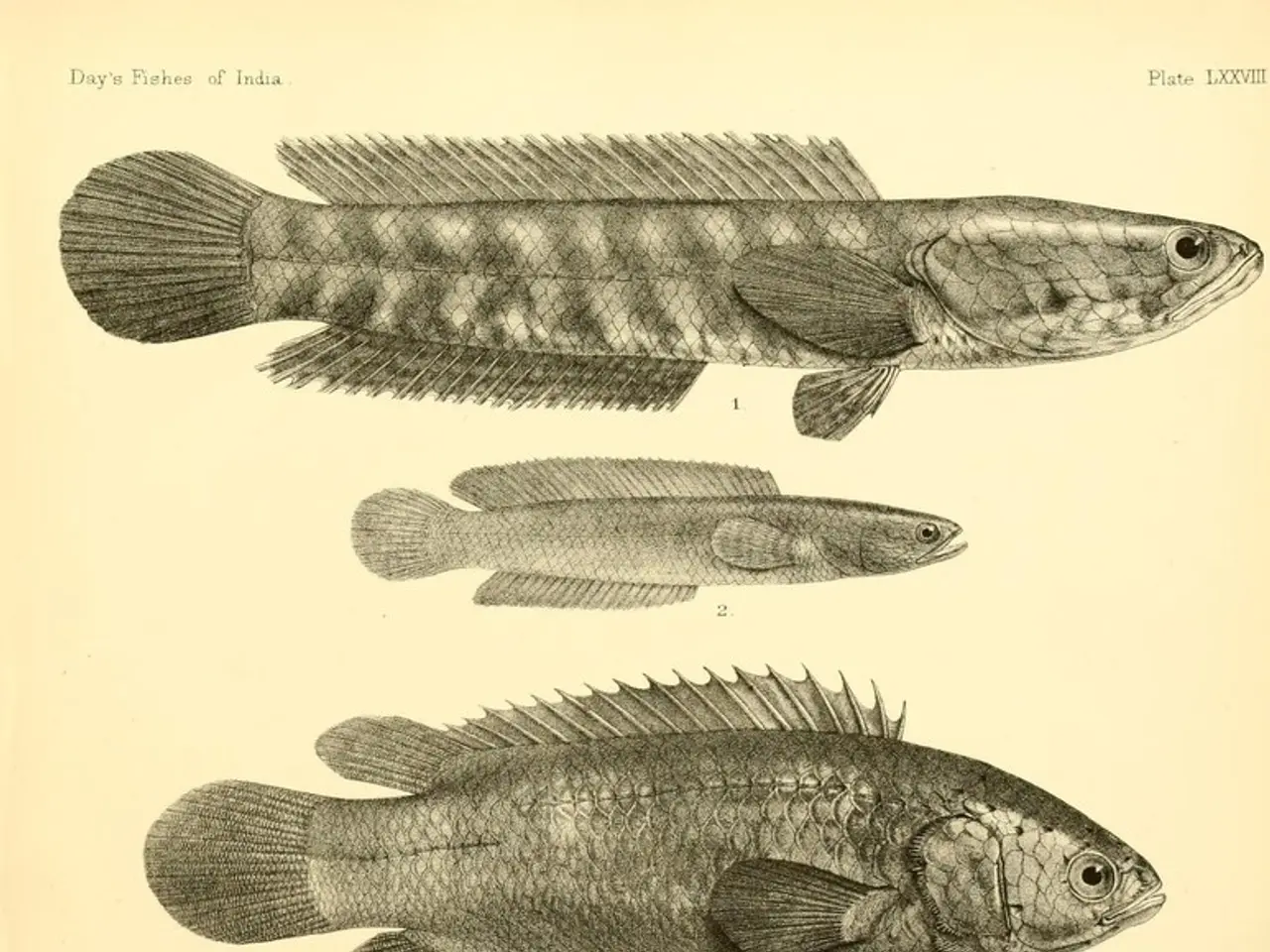Taiwan Pet Food Study Finds 28.99% Mislabeling, Including Endangered Species
A recent study published in Bioinformatics and Genomics has uncovered a significant issue in Taiwan's pet food market. Researchers discovered that a substantial number of cat food products contained undeclared species, highlighting the need for stricter regulations and labeling standards.
The study, conducted by a team in Taiwan, used DNA barcoding to identify species in processed pet food. They focused on a specific mitochondrial RNA gene as a marker. The findings revealed a mislabeling rate of at least 28.99%, with 40 out of 138 products found to be mislabeled. This means pets, especially those with allergies, could be consuming ingredients they shouldn't, leading to potential health issues.
The study also raised ethical concerns. Some undeclared species were endangered, such as the shortfin mako shark. Additionally, tuna was often replaced with other species without proper labeling. The researchers noted that unlike the EU and the USA, Taiwan lacks official standardized lists of vernacular names for species used in foods, contributing to labeling confusion.
The study identified 38 undeclared species, including fish, poultry, livestock, reptiles, crustaceans, and mollusks. While the manufacturers and retailers responsible for the mislabeled products remain unnamed, the findings underscore the urgent need for better regulation and labeling of pet food ingredients in Taiwan. This will not only ensure the health and safety of pets but also address ethical concerns related to endangered species and consumer transparency.
Read also:
- Dual-function mattress offers both cooling and coziness at an affordable price.
- Ontario falls short by a small margin in delivering the goal of four hours daily care for long-term care residents.
- "Thrilled response" from animal rights organization following cessation of canine testing at London, Ontario healthcare facility
- Altruistic zeal and a drive to instigate beneficial transformation







